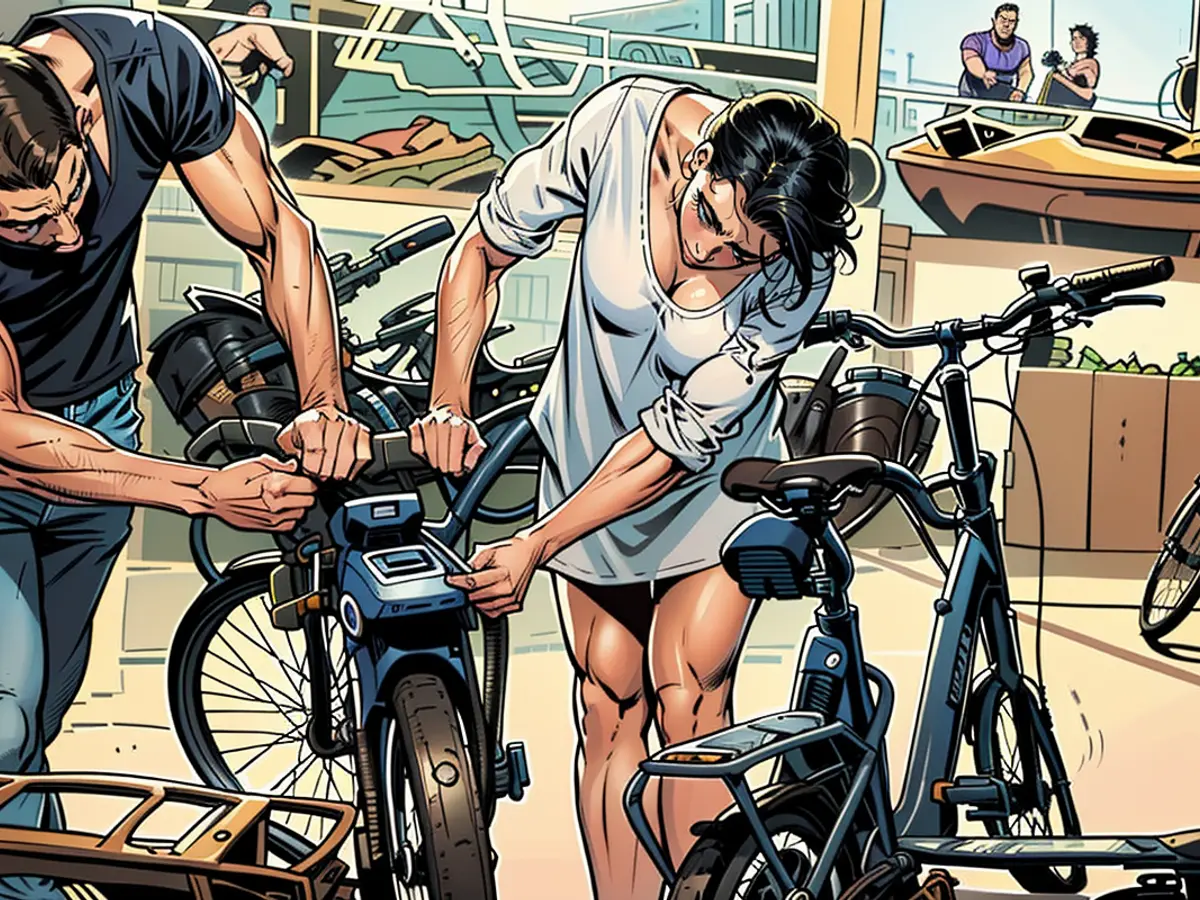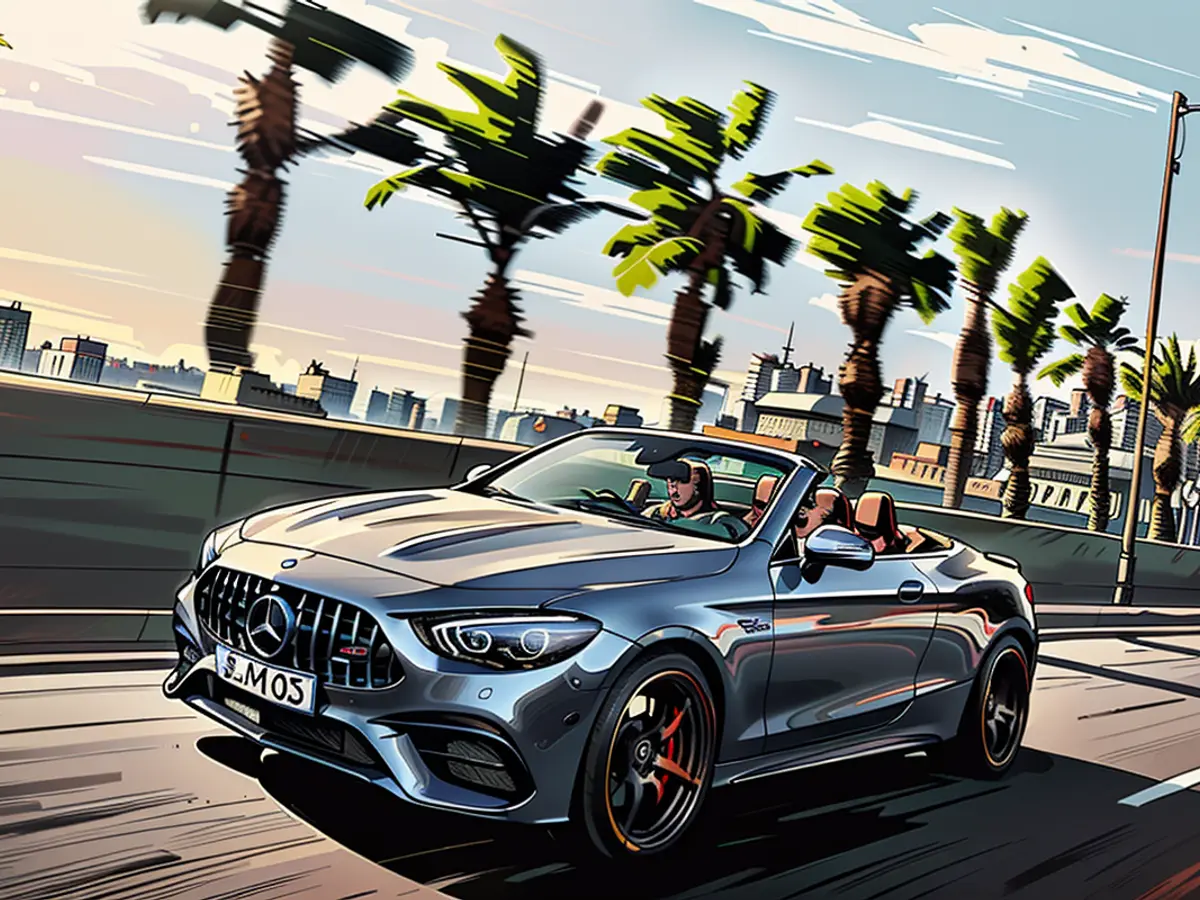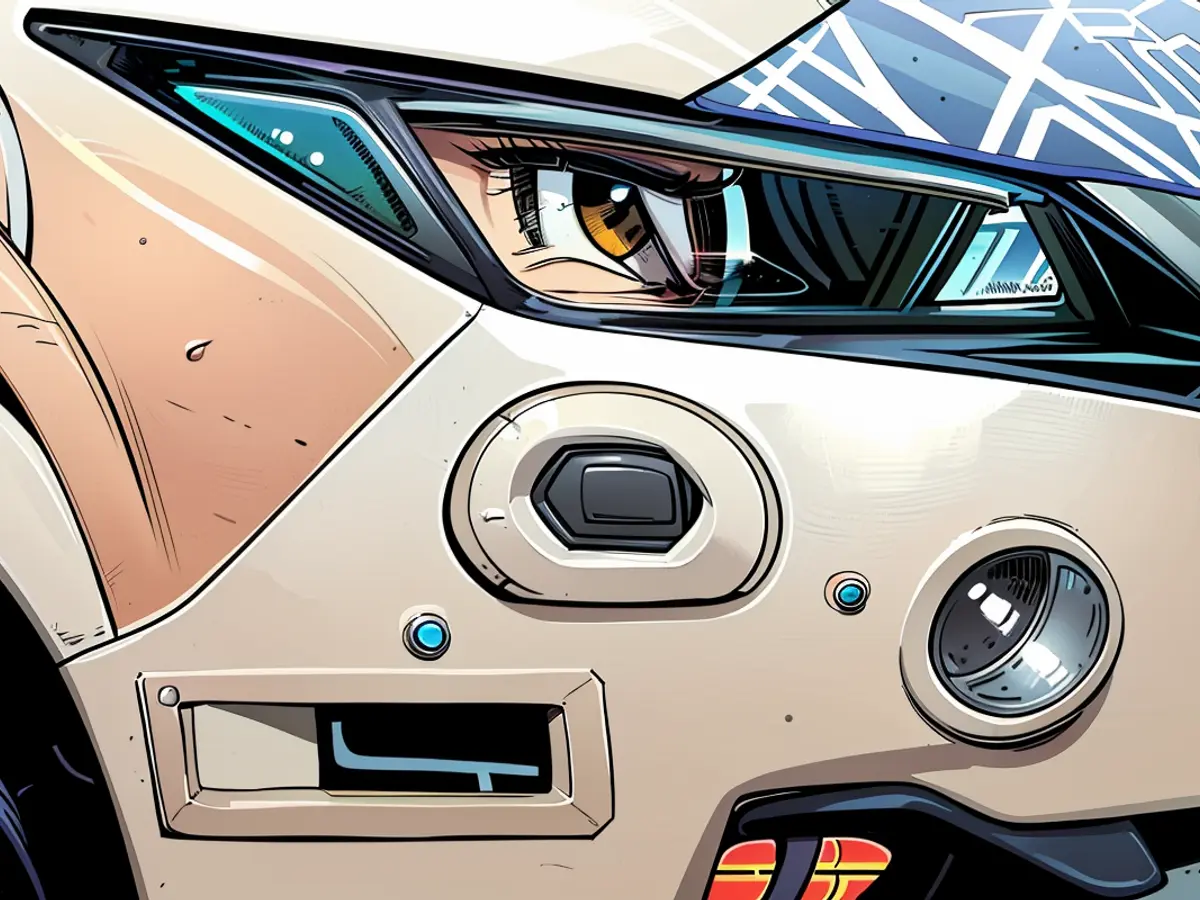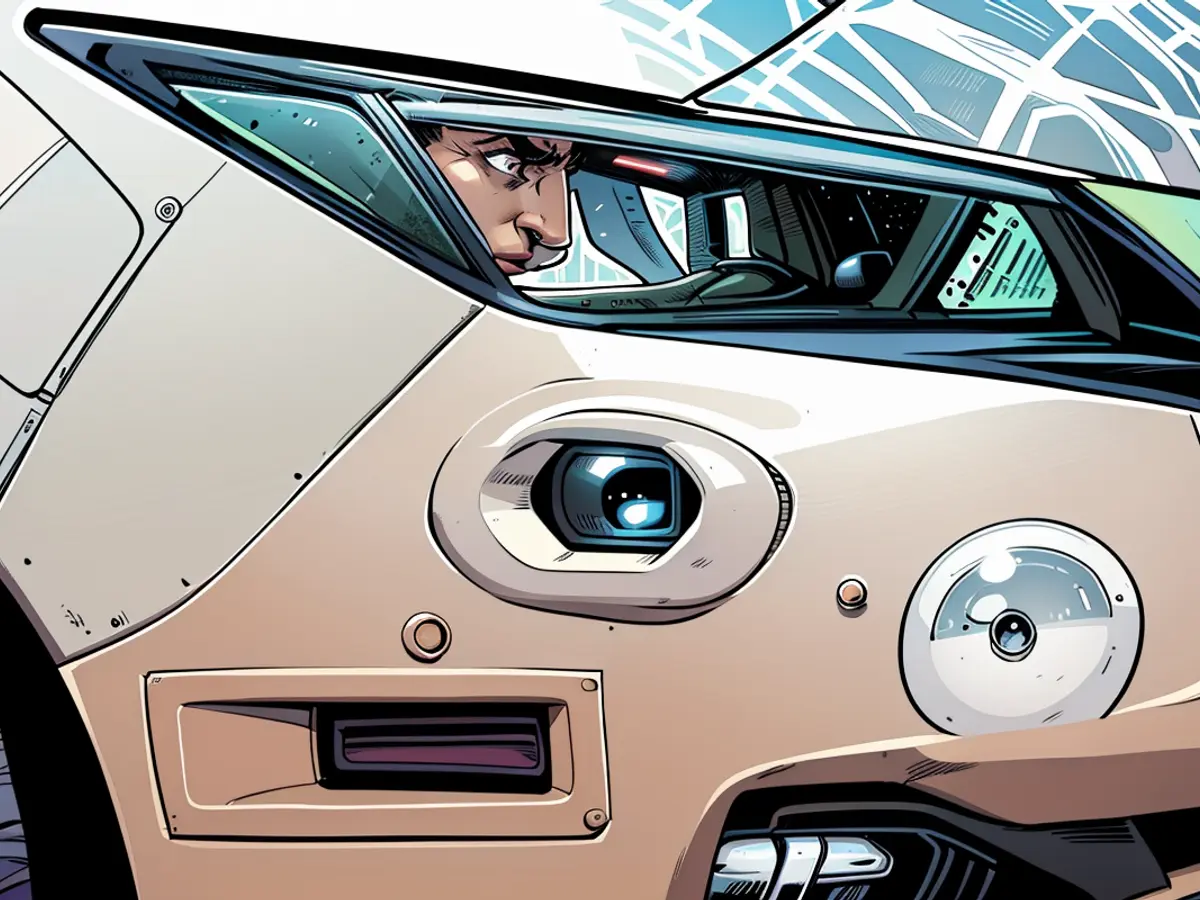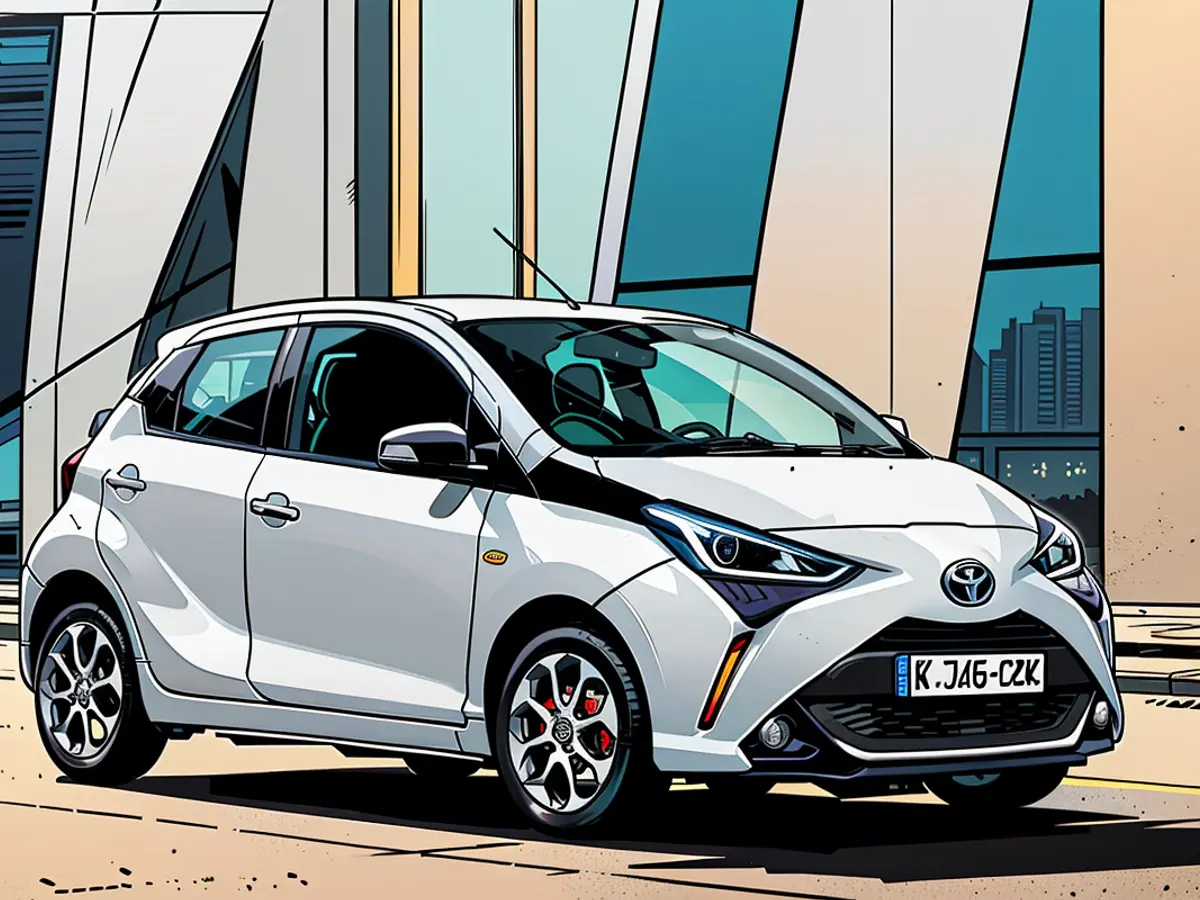ADAC tests economical comfortable E-Bikes
Electric scooters are in high demand nowadays, but they still usually cost significantly more than regular scooters. The ADAC has tested E-Bikes under €2000, specifically the "Tiefeinsteiger" models, which have particularly easy on- and off-stepping. How do they perform?
The Traffic Club sets the tone right away: Although it may be a lot of money for some people, one should not expect top technology with Pedelecs under €2000, according to the ADAC regarding its test of ten electric scooters priced between €899 and €1957.
However, the drive, brakes, and battery should provide reasonable values. The ADAC examined this with so-called "Tiefeinsteiger" models, which are comfortable models without an upper frame, but with the characteristic very low entry for easy mounting and dismounting.
The focus of the test was on ride characteristics, motor, handling, safety, and emissions. The testers found significant differences in braking performance, motor assistance, and ergonomics.
Winner costs around €1400
Summary: Two wheels perform well. The winner is the "Deruiz E-Bike Quartz" for €1399 (Note: 2.5). The ADAC praises its powerful brakes and the test range of 73 kilometers. The shifting works well with the motor. A criticism point is the assistance modes, which the testers find could be finer tuned. Equally rated - also with 2.5 - was the "Fischer E-Bike Cita 2.2i" for €1949.
Surprisingly: the weight difference between individual models. For example, the "Lidl/Crivit Urban E-Bike Y.2" for €1599 weighs 21 kilograms, while the model mentioned from Fischer weighs 28.8 kilograms.
It is essential to note the maximum allowable weight of the wheel. For example, the weight limit for a wheel in the test is 120 kilograms. Since the wheel itself weighs 24 kilograms, only 96 kilograms are left for the rider or rider and luggage or items such as a child seat (the weight of the child also counts towards this).
The motors themselves have, with a few exceptions, pedal sensors and no high-end torque sensors, which, according to the ADAC, would enable more sensitive motor control. In addition, some motors in the test were loud and ran on. This means they continue to support the bike even when you're no longer pedaling. As a result, the bike can be less controllable.
Emissions are lacking twice
Five models between €899 and around €1799 performed "satisfactorily," one for €1957 - the most expensive in the test - achieved the overall note "sufficient." Two Pedelecs for €1399 and €1799 fell into the "poor" category.
Both had a shock absorber found - once in the handlebar, once in the saddle - which is considered reproductive hazardous. This failure in the individual category affects the overall rating at the ADAC. However, both bikes have other weaknesses: for example, a long motor afterrun and a missing cut-off switch when braking.
What was positive: In the case of the "Lidl/Crivit" model (overall note 2.8), the ADAC found no emissions in the handlebar and saddle.
In contrast to electric scooters, Lidl offers an affordable pedelec option with their Urban E-Bike Y.2 priced at €1599, showcasing the potential for affordable electromobility. The ADAC also tested a car-like pedelec, the Deruiz E-Bike Quartz, which, although more expensive at around €1400, received praise for its powerful brakes and impressive test range of 73 kilometers. Despite these advantages, the Deruiz model could benefit from finer-tuned assistance modes.
